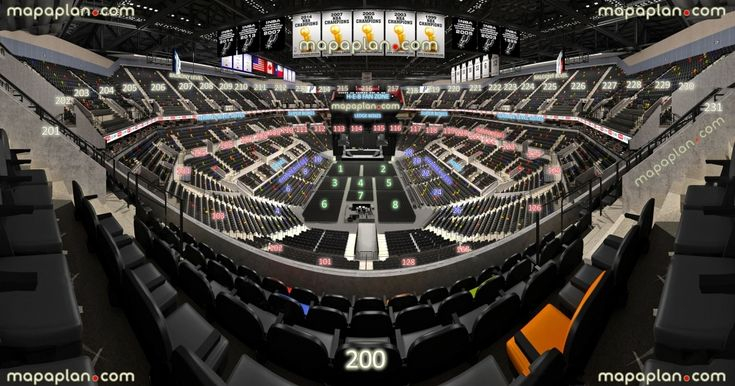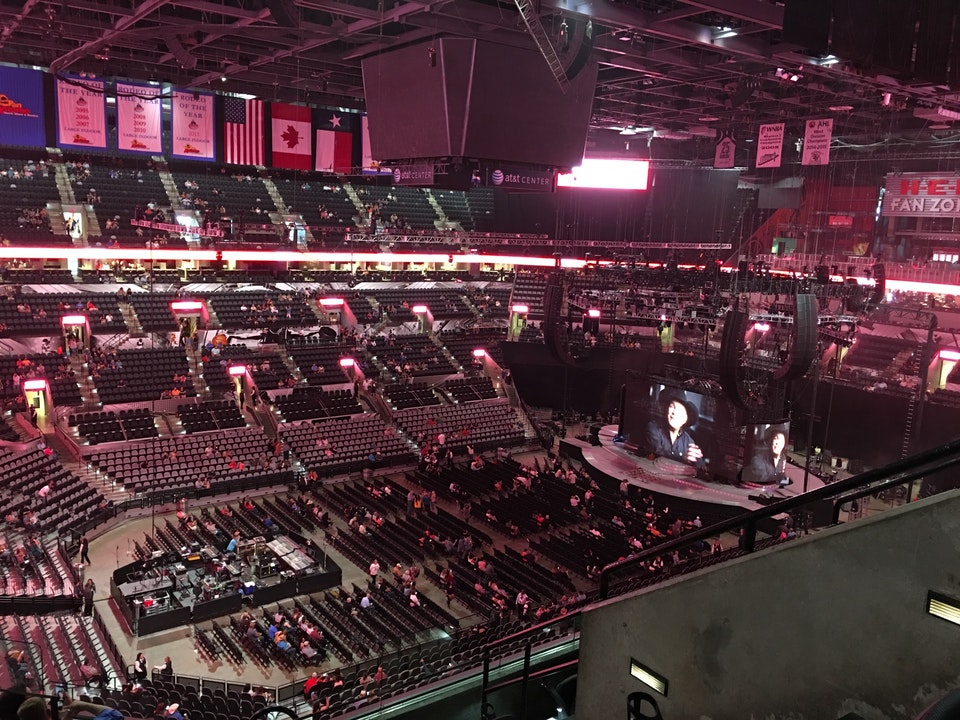At&t Center San Antonio Texas Seating Chart – Event planning is comprised of many moving parts. However, putting together seats charts is a crucial element that could make or break the attendees experience. A well-planned seating system can increase ticket sales and ensure that attendees have a pleasant experience. In this article, we’ll explore center seating charts, their advantages, how they can be created, and ideal practices to employ them.
What is a Center Seating Chart?
It is visual representation of an event’s seating plan that highlights what is in the middle of the venue. The chart is typically comprised of seat assignments and numbers, as well as separate sections’ labels and any other pertinent information. The objective of a center seating chart can be described as providing clearly and easily understood layout of the event to help users locate their seats quickly and effectively.
Benefits of Using a Center Seating Chart
- Maximizes ticket sales: By creating a clear, concise map at the site, a center seating list makes easy for patrons to locate and buy the seats they want, which increases ticket sales.
- Improves the attendee experience: An appropriately designed seating layout can enhance the overall experience for guests, making them more likely to return to future events.
- Reduces frustration and confusion: A well-organized seating plan can prevent chaos and frustration in guests, which could cause negative reviews and decreased attendance in the future.
- This makes it easier to manage an event The seating chart can assist event coordinators quickly easily recognize any problems with seating arrangements and then make the needed adjustments.
How to Create a Center Seating Chart
A. Choose Your Seating Chart Tool
Choose a seating chart tool that is suitable for your needs and budget. There are many options available with a range of options from free online tools to more sophisticated software.
B. Select Your Event Type and Venue Layout
Consider the type of event you’re planning and the layout of your venue when designing your seating list. This will help you decide the size and number of seating areas that you’ll have to include.
C. Add Your Seating Sections and Labels
By using your seating chart application, fill in the sections and labels of Your seating strategy. Common sections include front row, middle section, balcony and VIP. Make sure to label each section clearly and in a consistent manner in the entire chart.
D. Assign Seats and Seat Numbers
Assign seats and seat numbers to every area of the venue. It’s crucial to make sure that each seat is clearly numbered so that it is logically arranged, and there are no duplicate seat numbers.
E. Add Additional Details and Customizations
The event’s complexity will determine the type of seating. the event, you might require additional information to your seating chart, like wheelchair-accessible seating, or reserved seating. You can also customize your seating chart by adding designs, colors, or other branding elements.
Best Practices for Using a Center Seating Chart
- Make it easy Easy to comprehend and clear seating plan is essential to optimizing ticket sales and for enhancing the user experience.
- Test your seating plan prior to the event: Be sure to check your seating chart prior to the event to ensure that all is in order.
- Make changes clear If you’re required to change the seating plan once it has been published, make sure that you communicate the changes to all attendees.
- Be clear in your instructions: Give clear instructions for finding and accessing seats, in particular in complex venues.
- Consider accessibility: Make sure that you have accessible seating options on your seating chart . Ensure you have them clearly labeled and easily accessible.
Conclusion
A well-designed center seating plan is an essential component of any successful event. If you follow these best practices following the tips and tools provided here, attendees will be able to come up with a seating plan which maximizes ticket sales. It also increases satisfaction of the attendees, making sure that the event is a smooth and pleasant experience for everyone.





